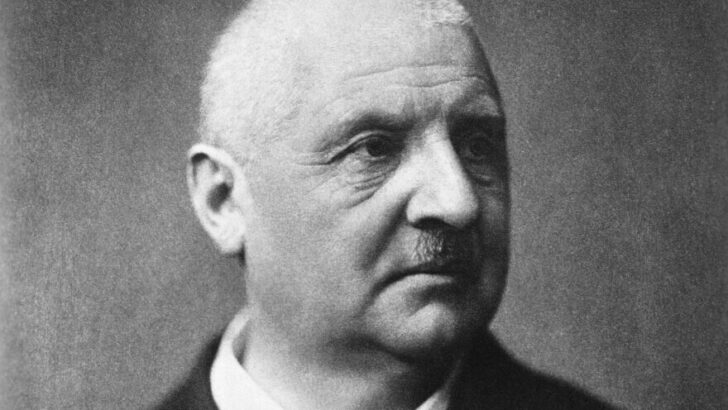This month commemorates the bicentenary of the birth of the Austrian organist/composer Anton Bruckner. The anniversary was celebrated at the NCH last week through his 4th Symphony (Romantic) played by the visiting Bavarian Radio Orchestra, one of Europe’s finest broadcasting ensembles, under the baton of Sir Simon Rattle.
Born in Ansfelden in Upper Austria, Bruckner initially planned on a teaching career but as time evolved music became the dominant force as he emerged from his rural background to become a particularly notable figure in the musical life of Vienna.
His first music lessons came from his father, also named Anton, and a talented cousin, Johann Baptist Weiss. Following Anton senior’s death in 1837, the Bruckner family moved to near St Florian where Anton joined the choir of the city’s Augustinian monastery and where he received a thorough musical and general education. Finally deciding on a career in music, Bruckner became the organist of Linz cathedral in 1855.
However, as Linz provided relatively little scope for his further development, Bruckner set his heart on Vienna where he was eventually successful in obtaining a position as teacher of harmony and counterpoint at the city’s conservatoire as well as being as being appointed one of the unpaid supernumerary organists at the Hofkapalle. While Bruckner remained in Vienna until his death in 1896, his mortal remains lie beneath the organ in the Augustinian church in St Florian, which he played for almost eleven years prior to 1855.
In Salzburg last month I had the good fortune of hearing Bruckner’s magisterial 8th Symphony superbly performed by the Vienna Philharmonic under veteran Italian conductor Riccardo Muti. Excellent programme notes by English musicologist Nigel Simeone recalled one of Brahms’ comments on Bruckner’s music, ‘he hasn’t a clue about musical coherence and has no idea about orderly musical development’. That may be so as, in matters of composition, Bruckner was indeed a late developer.
Bruckner’s later years found him fêted by the Austro-Hungarian establishment. He received an honorary doctorate from Vienna’s University and towards the end of his life a ‘grace and favour’ apartment in the Belvedere Palace provided by the Imperial Court. In a prudent reciprocal gesture Bruckner dedicated his 8th Symphony to the Emperor.
As he did with most of his works, Bruckner revised his 8th Symphony more than once and while he had completed the piece in 1890 the first performance only took place in Vienna on December 18, 1892 by the Philharmonic under the then doyen of conductors, Hans Richter. The Vienna Philharmonic now almost considers Bruckner’s 8th Symphony as something of its own.
A man of deep Faith, Bruckner believed his music to be divinely inspired, and his 8th Symphony has come to be regarded by some as a ‘spiritual voyage through music infused by Faith and by the composer’s love of nature, expressed through a world of sound which evokes tragedy, radiant beauty and blazing triumph on an epic scale’.
The composer Hugo Wolf was convinced Bruckner’s 8th Symphony represented ‘a complete victory of light over darkness’.


 Anton Bruckner, Austrian composer
Anton Bruckner, Austrian composer 